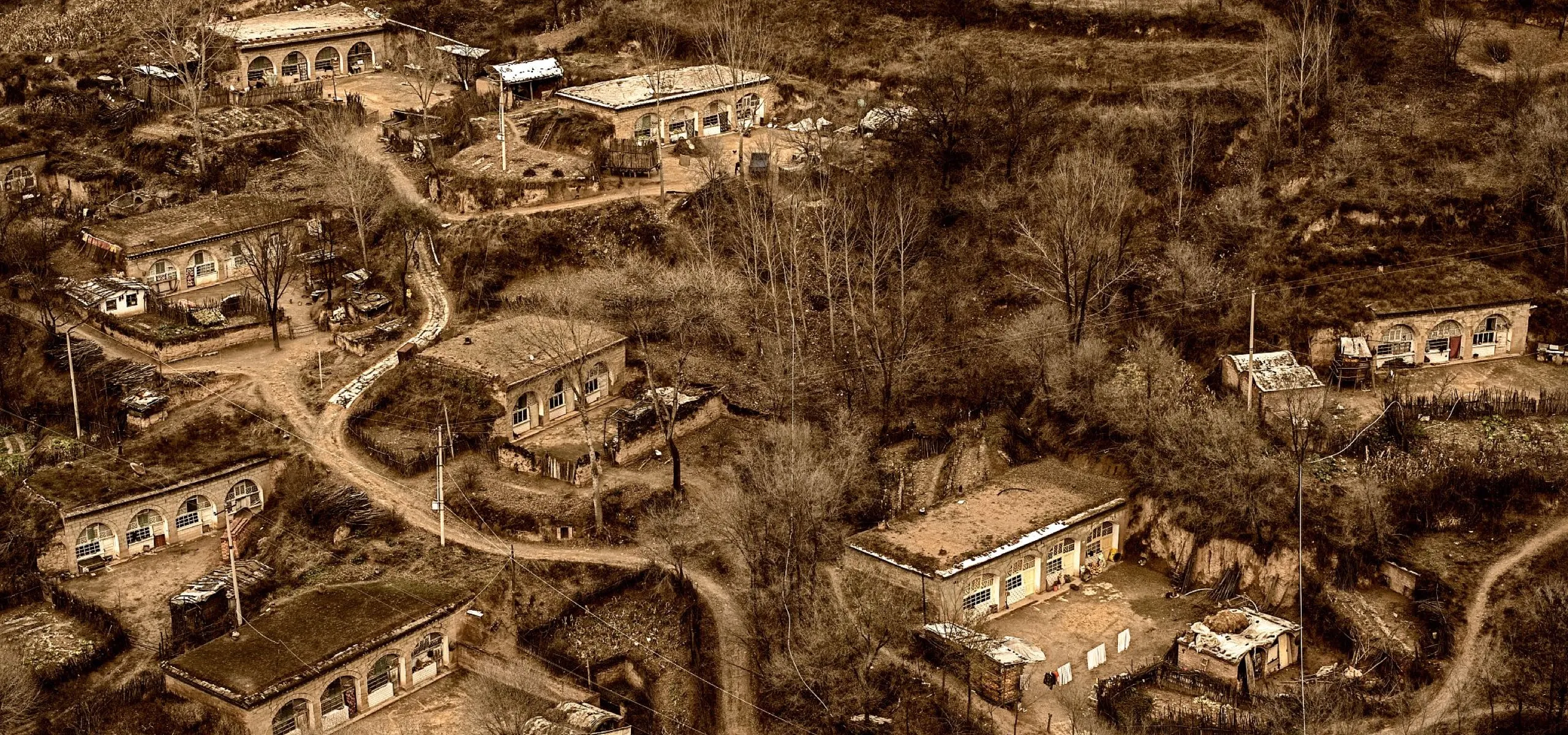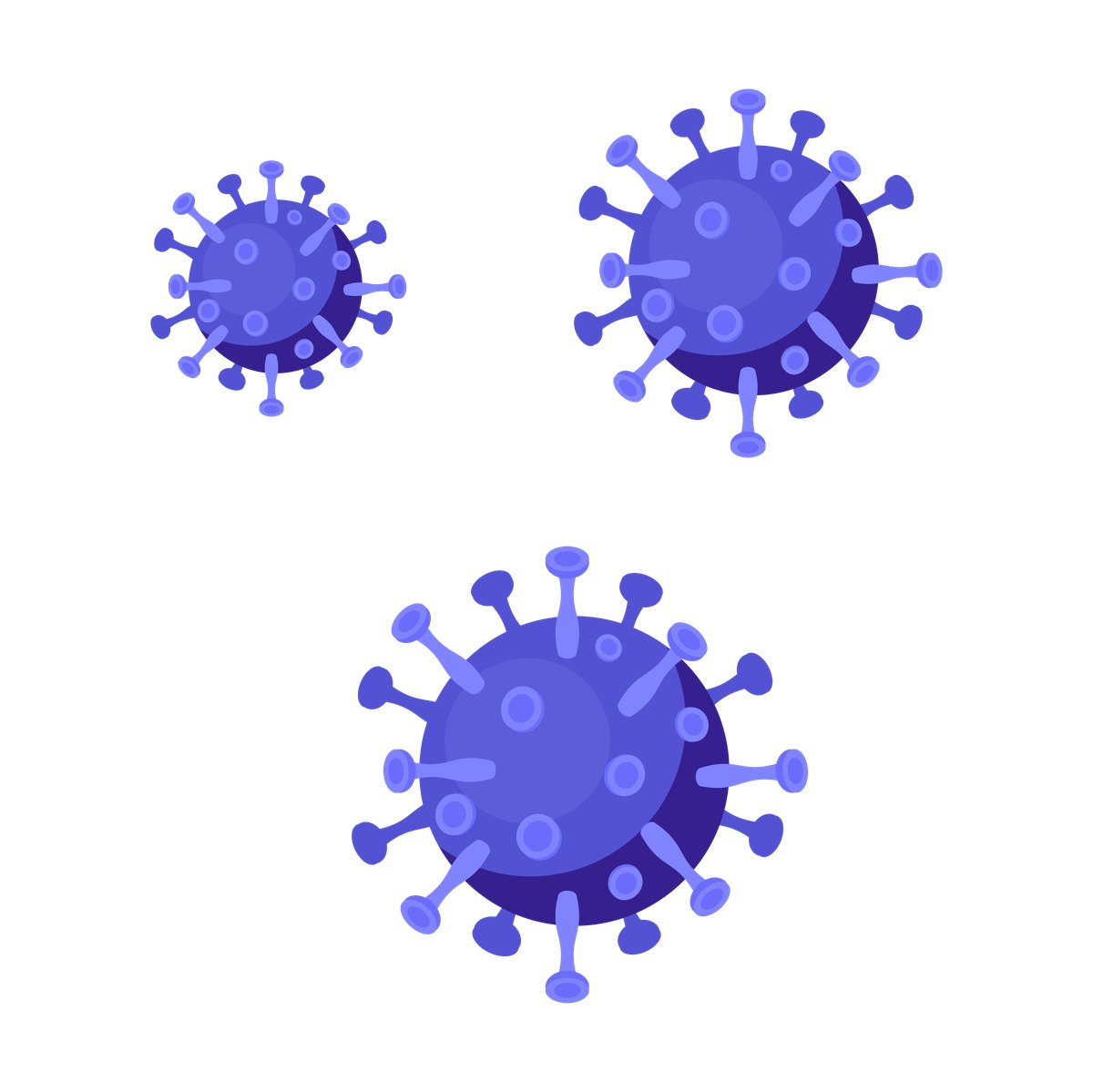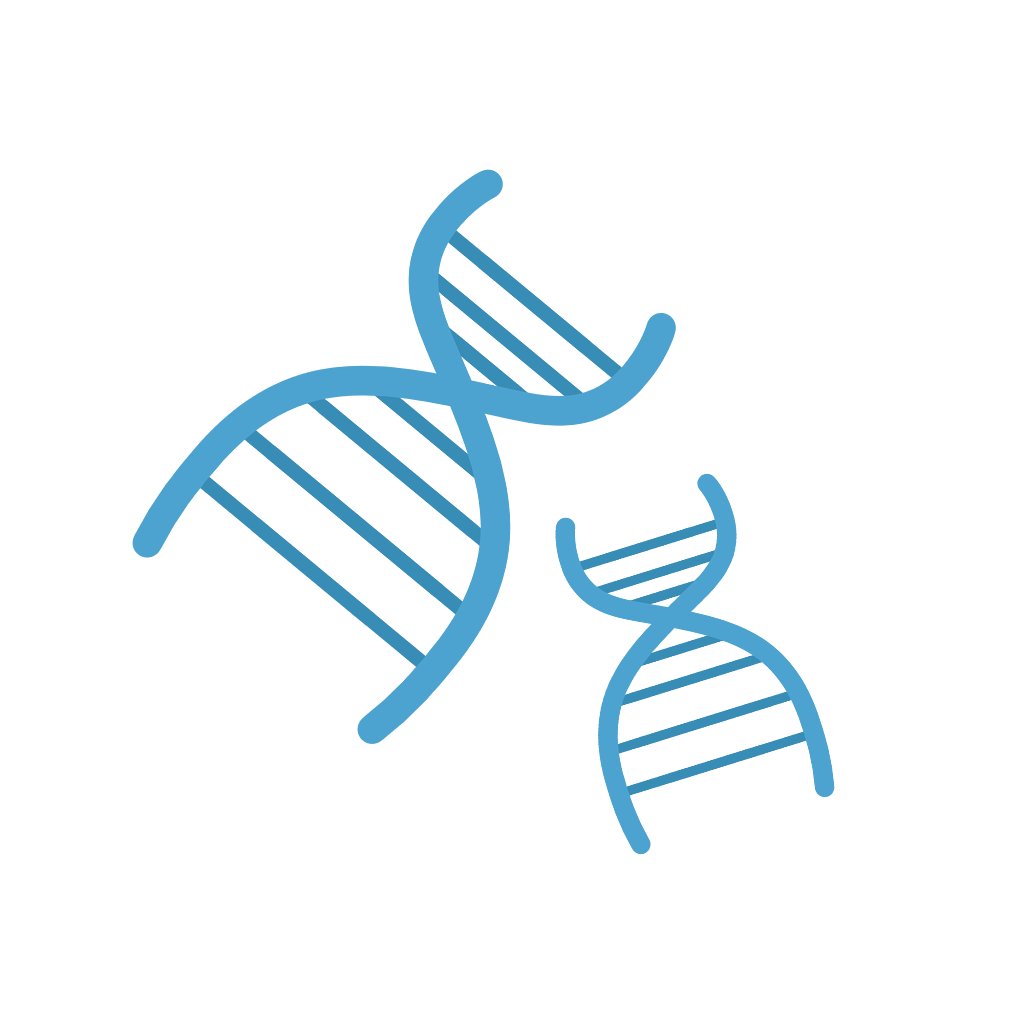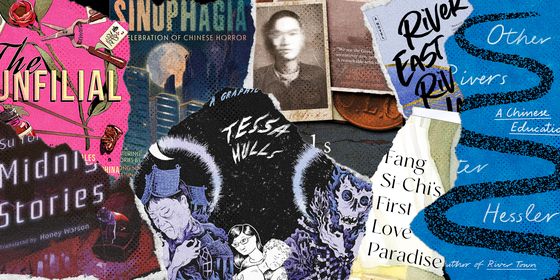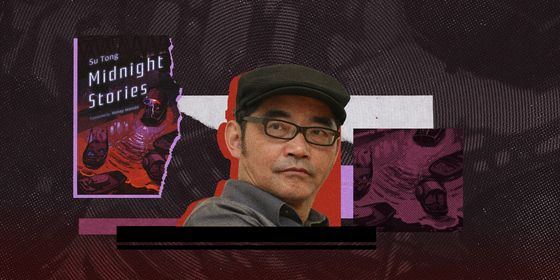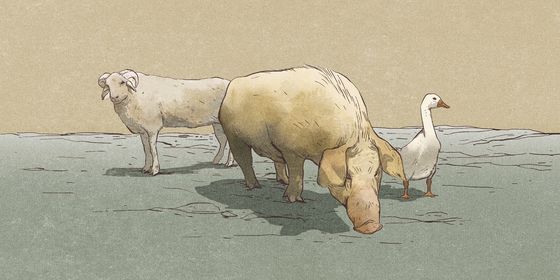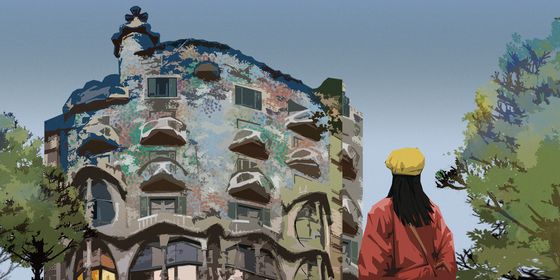As a mysterious illness ravages the population, one youngster goes on a journey in search of the terrible truth
Ah Wu
When Ah Wu’s mother died, he was still nursing. The sudden lack of milk had nearly killed him.
When his oldest brother and second sister died, Ah Wu had already begun to form memories. His father didn’t shed a tear. He simply turned his head and walked away. Ah Wu’s father took Ah Si and Ah Wu to a place far away, forbidding them to return home. It was as if he was afraid that his two dead children might carry the remaining ones away with them.
No one knew how much longer the epidemic would last.
Their new home was remote. Their father said that the farther they were from people, the better. People could only bring trouble—it was better to keep a low profile. Ah Si and Ah Wu never saw any people. They hardly talked to one another, while their father became less articulate with each passing day.
When Ah Si left in the morning and didn’t return all day, Ah Wu got an uneasy feeling. Their father was old, and was no longer sensitive to anything. He didn’t even care enough to brush away a fly landing on his whiskers. Ah Wu decided to search for Ah Si himself.
His old friend Hui Qi was the only one he could think of who could help. Even though they had not seen one another for a long time, Ah Wu still remembered clearly the way to Hui Qi’s home.
Hui Qi
No matter how serious the epidemic could become, Hui Qi’s family would never be wiped out.
Hui Qi’s great-grandmother had an old saying: “What’s so scary about death? Doesn’t everybody die? What’s the difference in when you die, or how you die? Birth is what’s important—having as many children and grandchildren as possible, and reproducing as much as you please.” Hui Qi’s grandmother thought the saying was too long, so she simplified it when she passed it on to Papa Hui: “Bring forth new life, and never fear death!” Hui Qi’s mother thought it was still too long, so she simplified it even further for Hui Qi: “We’re born to die!”
The heroic great-grandmother of Hui Qi’s family had given birth to 14 children. Hui Qi’s grandmother didn’t do so bad herself, giving birth to 13. Hui Qi’s mother had nine, and if she had not died, she might have given birth to more. This great tradition had effectively ensured that the family’s bloodline would continue. Although the epidemic had killed more than 100 members of Hui Qi’s family, a few dozen remained to “bring forth new life.”
Papa Hui was cultured. He understood history. He told Hui Qi that a long time ago, around the time that Hui Qi’s great-grandmother’s great-grandmother had lived, there had also been a great epidemic of a hemorrhagic disease. The epidemic had killed nearly everyone. Ah Wu and Hui Qi’s families were among the few that survived, either by abiding to a life of solitude, or by sparing no effort to procreate.
Papa Hui
“My brother’s gone missing!” These were the first words Ah Wu said upon seeing Hui Qi.
“Your whole family has been missing for a long time!” Hui Qi replied with a bitter smile.
Ah Wu didn’t feel like talking. He headed straight for the entrance to Hui Qi’s home. To Ah Wu, Hui Qi’s cultured father was like an all-knowing genius who knew the correct answer to any question.
Hui Qi grabbed hold of Ah Wu and pulled him away. “Don’t go in. We can talk outside. We’ve just had another two deaths, it’s not safe.”
Ah Wu shivered and stopped in his tracks.
When Hui Qi said “We’ve just had another two deaths,” it was as if he had said “We’ve just had another two births.” His expression was neither sad nor excited. Hui Qi’s family had long regarded life and death with indifference. Their view was to give birth and multiply as much as they could, then die and move on to the next life as soon as possible. They weren’t like Ah Wu’s family, where anyone mentioning the word “disease” or “injury” would be met with cries of disgust (worse so should they utter the word “death”).
“Your papa…?”
“He went out, probably looking for treasure again. I was just getting ready to look for him. We can go together! I’ll look for my papa, and you look for your genius!”
Ah Wu let out a sigh of relief.
Hui Qi and Ah Wu did not go far before they saw Papa Hui, head lowered, walking along an embankment in the direction of home.
Hui Qi called out to him. His father raised his eyes and, at the sight of Ah Wu, turned and bolted in the opposite direction. Hui Qi and Ah Wu stood stunned for a moment. Then, without a word to one another, they quickly gave chase.
Papa Hui’s flight was bound to be futile. It is often said that the more knowledge a person has, the less they are apt to move—and how could an old fellow outrun two spry youths? In just a few minutes, Papa Hui was cornered.
“Where do you think you’re going?” asked Hui Qi. His father drew his head back without saying a word. Once he had caught his breath, he raised his head to look at Ah Wu, then quickly turned away, his eyes red. Ah Wu became aware of the small blood vessels in his ears pulsating gently.
“I saw Ah Si. He isn’t going to make it.”
The words thundered in Ah Wu’s ears.
“Where is he?”
“Some people took him away.” Papa Hui spoke slowly and clearly. “I saw it with my own eyes.”
The air seemed to grow thick. Hui Qi saw a tear spill from his father’s eye. The teardrop flowed down his facial hair and dropped to the ground, disappearing into the dirt.
To Hui Qi’s family, death had never been a reason to shed tears. For one that understood history to cry could only mean one thing: he knew what the future held.
Ah Si
Ah Si, that dummy. Though he liked Hui Sanjie, he could never tell her, only observe her from afar. He watched her grow from a silly little youngster into a fully grown adult as great as any of the females in her family lineage, with long legs and a slim waist, a small mouth and large ears, a shapely figure and reserved elegance.
Hui Sanjie had the appearance of one who would be naturally gifted to bear children. Her grandmother often said that whoever married her would end up with a whole litter of brats. She had more admirers than one could count, Ah Si was merely the least interesting of all of them.
Ah Si had never spoken a word to Hui Sanjie. He’d only ever secretly given her gifts of wild fruits, placing them at the entrance to her home. But he could never be sure if she had actually eaten them.
Hui Sanjie didn’t pay any mind to these small gestures. She didn’t even seem to pay any attention to those strong and lively youths who were said could “carry on the family tradition and make a heroic mother of her.” No one knew what kind of ideal partner she had in mind.
Scrawny and unsophisticated Ah Si knew he wasn’t Hui Sanjie’s type. He resigned himself to silently pursuing her from afar, where he would always be playing second fiddle to her other admirers. As for Hui Sanjie, she didn’t give any thought to a suitor who wasn’t able to make himself known to her. As long as his feelings went unsaid, they would each muddle along separately in their own way.
When Ah Si heard that Hui Sanjie was infected with the disease, he went into a panic. He dropped everything and rushed to her, thinking only of seeing her one last time.
Infection with the hemorrhagic disease meant quick death. A victim might last as long as four days or as short as two. First the internal organs would rapidly begin to bleed, then the fever would come, followed by convulsions, blood clots, and finally respiratory failure. The process was unimaginably painful. Ah Si didn’t know how long Hui Sanjie’s suffering might last, he only knew that once it ended, he would lose her forever.
When Ah Si’s mother died, he had been by her side. But this time he was overcome with fear. He paced in circles outside Hui Sanjie’s home, unable to bring himself to enter.
By his 10th circle, Ah Si heard the voice of Hui Sanjie’s grandmother: “Oh, each generation is worse than the last!”
By his 20th circle, he heard her grandmother’s voice again: “Always so picky, no one was ever good enough for her!”
By the 30th circle, her grandmother’s voice again called out distinctly: “Dying without having borne children! She left this world without leaving a mark on it!”
At these words, Ah Si stumbled. Just as he was about to hit the ground, he was suddenly swept up in a large, soft net, and lifted into the air.
Ah Si didn’t struggle. He curled up inside the net which enveloped him as the sky above and earth below spun round. He was overcome with a bizarre feeling of comfort that had eluded him for a long time…
“Mom…” he murmured, as if in a dream.
Hui Sanjie
“We are constantly being born, and constantly dying… We'll never know when it all began, or when it will end. Since we are destined to continue this cycle forever, we must do all that we can to leave our mark.” Papa Hui raised his head to look toward the sky. A bird flew by, then the sky was completely empty.
“What do you mean by ‘mark’? Do you mean descendants?” asked Hui Sanjie.
“Oh, no. A mark is something that we choose to leave on our own accord. Descendants… well, they are something we leave behind, but without our having much choice in the matter.”
“Are these marks ‘dreams?’”
“Dreams? Do you mean memories? Memories are a sort of mark. But they aren’t that reliable,” said Papa Hui. “When we face suffering, we will choose to forget things. Sometimes even collective memory loss can occur. That’s why it is often said that memory is unreliable.”
“I don’t mean memory, I mean dreams,” Hui Sanjie argued. “You said before that our ancestors were left with marks in their dreams to fight epidemics, so that after three generations, our bodies would become immune to the disease on their own. The hemorrhagic disease wouldn’t be able to kill us anymore. But we had no idea that after many years, a new epidemic would return.”
“Oh. You mean ‘genes.’ Those are quite reliable.”
“So now we just have to wait for the marks left in our genes to wake up, and help our bodies fight the disease again?”
“Yes. Maybe it will happen to you, or maybe to your children, or your children’s children.”
“I don’t want to have children! I don’t want my children to have to live facing the unknown.” Hui Sanjie looked toward the group of frail younger brothers and sisters who might at any time get sick and die from the disease. She shook her head.
“You silly child. Our descendants are certain to overcome this epidemic. We never went extinct in the past, and we won’t in the future.”
Hui Sanjie viewed such confidence in the uncertain as completely worthless. “I’ve seen the book you brought home with you! To them, we’re just food! Isn’t that right?”
“You… you… read my book!” Papa Hui was dumbstruck.
“All that stuff… in the book… is it true?” Hui Sanjie asked hesitantly.
Papa Hui shook his head hurriedly. Then, gradually, his movement began to slow. Slower and slower his head shook, until it stopped altogether. Finally, he forced himself to nod.
“Will we end up like those in the book?” Tears began to flow from Hui Sanjie’s eyes.
“Books… are just marks. Their books record the marks of our existence. And some day, we will write our own books.”
News
Just like he had on that afternoon many years ago, he wiped away the tears of his beloved daughter, and told her that she must leave her mark on the world. On this afternoon, he wiped away his daughter’s tears for the last time, then leaned over and whispered softly in her ear: Though she had no descendants, she had already left her mark. The questions she had asked would remain as if engraved in his heart.
At that moment, the book which had changed Hui Sanjie’s life forever was lying still beside her. Printed on the cover were two mysterious words: Homestyle Recipes. The horrible words and images within the book flashed repeatedly before Papa Hui’s eyes. The contents lingered within his brain, impossible to get rid of—dried rabbit meat, roast rabbit kidneys, marinated rabbit heads, spicy diced rabbit…
His entire body trembled at these thoughts.
To a rabbit, the ability to read wasn’t just an unnecessary skill, it could also be a cause for suffering. If Papa Hui could have made the choice again, he would prefer not to have the ability to read. He would rather be a simple little white rabbit, and better yet a pet rabbit, not a damned wild rabbit.
But that possibility did not exist. He not only had the ability to read, he was obsessed with doing so. He often risked his life to search for treasure in the garbage dumps made by humans. Sometimes he might find a scrap of paper with words on it, other times he would find a full sheet of newspaper. He’d even once found a real book.
Those words and images recorded the marks left by human activity. Sometimes, they would also include those left by rabbits, such as what Papa Hui had found this morning, a newspaper which he would never be the same again after reading. He saw a familiar phrase, “rabbit hemorrhagic disease,” an unfamiliar word, “RHDV,” an agricultural news story that wasn’t significant enough to make the front page, and a future that was more hopeless than any never-ending cycle could be.
A Viral Solution to the Wild Rabbit Problem Sees Effective Results a Year After Release
WUSHI NEWS - Dec. 28, 2018
In March of last year, the Ministry of Agriculture released the RHDV1-K5 virus nationwide in an effort to control explosive growth in the wild rabbit population. More than a year after its introduction, the virus has achieved notable results, gradually reversing ecological damage attributed to the unchecked spread of wild rabbits. A statement from the National Farmers’ Association, whose members have long been plagued by rabbits, declared that “Farmers can finally breathe a sigh of relief.” According to surveys, no infections have been reported among pet rabbits vaccinated against the virus.
Significant Economic Losses for Agriculture
Wild rabbits were first introduced to China from Australia in the 1830s. After decades of unchecked population growth, an overabundance of rabbits resulted in significant agricultural and ecological damage by the mid-to-late twentieth century. Wild rabbits not only compete with livestock for grazing pastures, they also habitually create burrows which can destroy land. Methods farmers use for controlling rabbit numbers include hunting, poisoning, burrow fumigation, and installation of rabbit-proof fencing. However, by the end of the twentieth century, the rabbit problem had become too severe for traditional control methods to be effective.
According to the Ministry of Agriculture, wild rabbits cause damage resulting in an average loss of up to $36 million in agricultural production each year. Additionally, more than $18 million is spent each year on rabbit control measures. The National Farmers’ Association stated that farmers were being driven to desperation by the rabbit problem, and that they hoped the Ministry of Agriculture could provide a solution based on biotechnology.
China first introduced the RHDV virus into the country in 1997. The virus only attacks rabbits, and is not harmful to any other animal species. However, 4-5 years after the pilot program which introduced the virus into the wild, local rabbit populations gradually built up immunity to the virus, no longer dying in large numbers. These results were a major setback to the biological extermination program.
Successful Viral Experiments Bring New Era
In 2016, the Wushi Institute of Biology successfully cultivated an improved version of the virus known as RHDV1-K5. The new virus has proven more lethal to rabbits than its predecessor. It attacks internal organs directly, causing rapid onset of fever, convulsions, blood clotting, and respiratory failure, killing the rabbit within two to four days after infection.
In December 2017, the new virus was introduced into the environment nationwide. It has achieved significant results in culling the rabbit population over the past year. The virus kills quickly and efficiently, and is expected to be able to exterminate the invasive rabbit species before it has a chance to again develop mass immunity.
Animal Rights Advocates Ask If Methods Are Humane
The viral extermination program has been the subject of widespread controversy. According to the Animal Protection Association: “Viral extermination is not humane. Rabbits infected with the virus suffer terribly before death. We hope a more humane method can be adopted.” The Association has also released a statement saying “Vaccines provided for pet rabbits have not undergone sufficient testing, nor has significant evidence been shown that the vaccines provide pet rabbits with sufficient protection from the virus.”
Yet those in the agricultural sector do not recognize such concerns. For them and over 80 percent of those surveyed, protecting animal rights should not come at the cost of human interests. The Ministry of Agriculture has recently announced that ecological damage has been effectively contained, and that they have received no reports within the last year of vaccine failure among pet rabbits.
The Ministry of Agriculture’s position can be viewed as a strong pushback against animal welfare advocates. Experiments in viral extermination of rabbits continue. A newly developed variant of the virus is set to be released which can be transmitted through houseflies. The Wushi Institute of Biology will be responsible for conducting follow-up studies and monitoring the effects of the new variant and vaccine.
When Papa Hui finished reading the news story aloud, the sun had already begun to set.
A sudden thought flashed like lightning within Ah Wu’s mind: the fly on his father’s whiskers as he left that morning.
Ah Wu rushed home.
His father was dead.
Surrounding him was not one, but an entire swarm of flies.
Author’s Note
For me, writing a story is like building a nest. I am creating a habitat for all the strange energy and bizarre thoughts that fly through my head. This story was originally written in 2018. I never imagined it would take on entirely new significance after three years of the Covid-19 pandemic.





